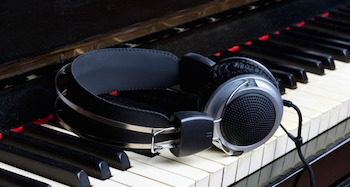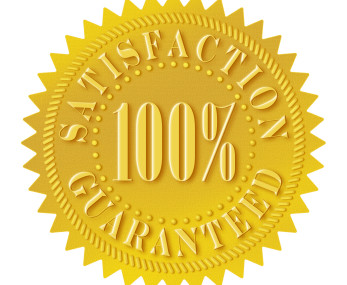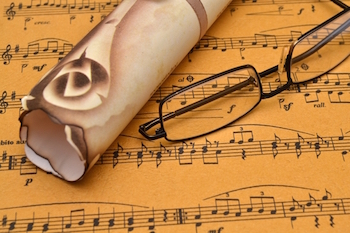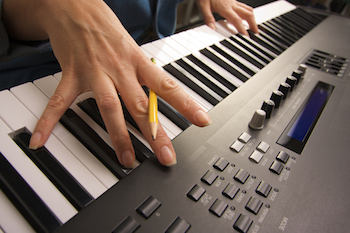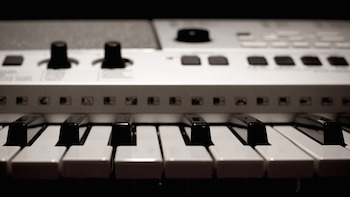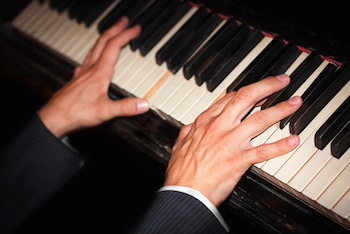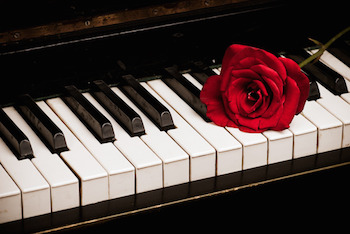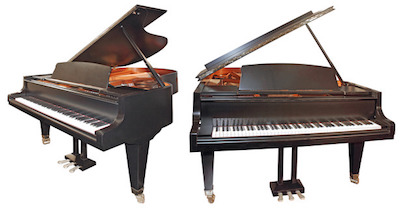There are many benefits to buying a piano for your home. If you play, you understand the value of having music in your life. And if you have small children, you’ve probably heard about all of the great benefits of having them learn to play the piano.
Yet buying a piano is a challenging process. Do you buy old or new? How do you select the right piano for your home? While it’s important to find the answers to your questions before you finalize your purchase, it’s also important to ask the right questions.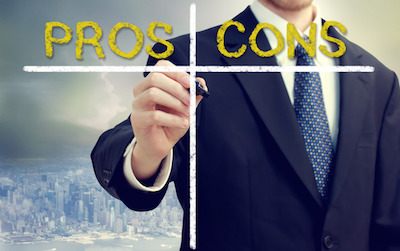
Why am I buying a piano?
It may sound like an obvious question, one you’ve already thought about. But taking the time to determine why you’re buying a piano can help point you towards the right instrument. Will you be using it as a stress reliever? Will your kids be practicing several days of the week? Will it be as much a focal point for your living space as a musical instrument you will play every day? By sharing these answers with a piano dealer, he can point you towards pianos you may have never considered.
How much can I spend?
If you’ve ever searched Craigslist and been excited by the $200 piano listed online, you may need to rethink the value of a piano. It’s easy to find “good deals” on pianos online. However, most “good deals” are rarely good deals. They may have been neglected for years, severely out of tune. They may have internal water damage, which in effect ruins the playability of a piano. And while the outside may look good, you’ll quickly discover why it was such a good deal. If you want you (or your child) to create beautiful music, investing in a quality piano is important. There are many options for purchase, they key is to always choose based on the best quality for your money, not price.
Upright or grand piano?
For many people, this decision is easily made depending on space available. If you place a large piano in a room to small for it, the tone will not resonate properly. Both uprights and grands can produce high quality sounds. Both uprights and grands can be beautiful additions to your room’s décor. Aesthetics is just as important as acoustics in this case.
What about warranties?
Depending on where you buy and what type of piano you purchase, you may receive warranties from the manufacturer, or from the dealer. Make sure you fully understand any options before you buy.
Is brand important?
While some people come in, knowing only a certain brand will do, there are many brands available today that can be a welcome addition to your home. A well known brand, such as a Baldwin or a Yamaha, is always a good choice. Ask to see a variety of brands and learn what the differences are. Make sure you touch and feel the keys, as well as examine the instrument’s cabinet. Can you see this in your home for years? Ultimately that’s what matters most.
What about growth?
While it’s important to meet your needs today, it’s equally important to ensure they will be met for years into the future as well. If your high school son wants to learn to play piano to form his own rock band, it may be worth considering a quality digital piano, something portable he can carry on the road. If you want to ensure quality music is in your life through your retirement years, investing in a grand piano for your family room may be the perfect addition for your home.
As with any investment, research is important. By investing in a quality piano now, and properly maintaining it along the way, your investment will bring a lifetime of enjoyment.
